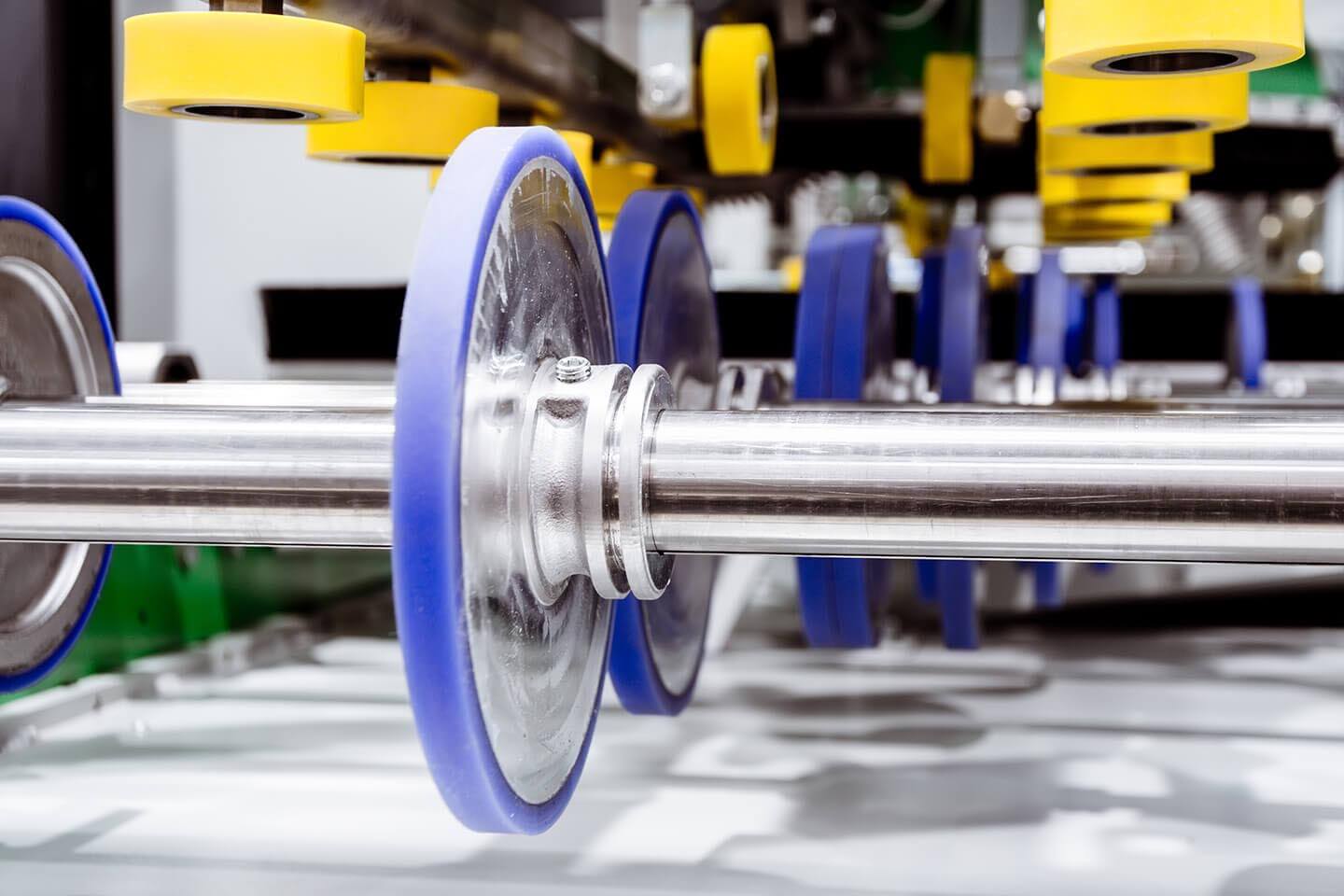Jump to:
TypesCast Polyurethane Isolators
Prolong Machine Life & Control Harmful Vibration
In the context of engineering, the term “vibration isolation” refers to a material’s ability to alter the frequency of vibration.
PSI Urethanes manufactures polyurethane vibration isolators with shock-absorbing ability that extends the life and effectiveness of machinery and its internal components while improving work environments by limiting harmful vibration and noise.

The unique composition of urethane allows urethane isolators to efficiently absorb vibration energy, endure harsh environments, and withstand repeated usage.
The Destructive Side of Vibration
In the simplest of terms, a vibration is a back-and-forth type of movement. The natural frequency of a system, combined with the frequency of an impacting vibration, results in a situation where vibration waves build on one another. When these waves build on one another in ever-increasing amplitudes, the result is called “a resonance frequency,” which is often a harmful form of vibration. A system that fails to take resonance into account will wear out quickly.
Sometimes, components can be designed in such a way that their natural frequency and resonant frequency do not match up (thus no harmful vibration). At other times, such engineering is nearly impossible which is when vibration dampeners, like urethane isolators, come into play.
In many workplaces, vibration exposure is inevitable, either for heavy machinery or for the workers operating the machinery. Harmful vibration can decrease machine and appliance life, ruin delicate electronics, damage optical elements, and degrade sound in audio equipment. More importantly, harmful vibration can lead to serious medical conditions in workers who experience long-term vibration exposure, like degenerative disc disease.
How Does A Urethane Vibration Isolator Work?
Urethane isolators work to limit harmful vibration. They do this by isolating the vibration source (as their name implies), decreasing the amplitude (strength) of the vibration, and eliminating harmful frequencies of vibration. When a product simply can’t be engineered to account for all resonant frequencies, urethane isolators act as dampeners to absorb some of the vibrational energy and reduce wear and tear on the product or its parts.
Other Types of Isolators
Spring Isolators
Spring isolators are perhaps the oldest method of controlling vibrations and they’ve proven to be relatively effective for decades. A spring absorbs energy when compressed and releases it as it expands. However, the difference between the energy absorbed and the energy released (dampening) is small. For example, springs attached to carriage wheels will make the ride smoother, but because the springs don’t dampen much energy, the carriage bounces every time it hits a bump or hole in the road.
Rubber Isolators
Rubber is a popular material for isolators and works relatively well. However, it does not have the hardness range or dampening properties of urethane.
Call PSI For Custom Urethane Isolators
Call one of our experienced urethane professionals at (800) 888-5156 for design assistance and to get a quote for polyurethane coil spring isolators or vibration isolators. PSI offers many custom solutions for a variety of needs. You can also conveniently request a quote for any size project online, at any time.
Industries Utilizing Urethane Isolators
Many industries rely on urethane isolator for their needs, including:

Food Processing
PSI manufactures FDA approved urethane products for food processing applications.…
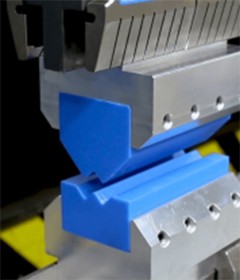
Metal Forming
PSI Urethanes is a leading manufacturer of cast urethane for metal forming press…

Military
We manufacture custom molded parts, polyurethane sheets, and bond to metal for the…
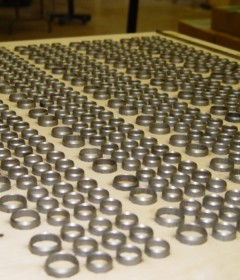
Die Cutting
Our quality and accuracy in keeping close tolerances make our company sought out…
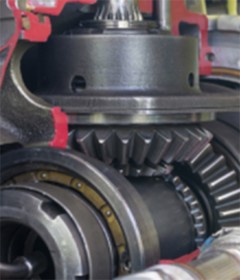
Fluid Cell Remold
For industries that depend on highly complex parts to keep their equipment functioning,…
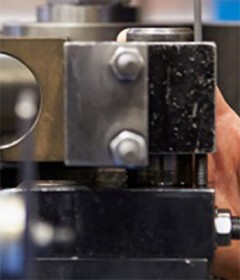
OEM's
Original Equipment Manufacturers (OEMs) utilize PSI Urethanes’ manufacturing expertise…

Marine
PSI Urethanes is a leading manufacturer of cast and molded urethane for the marine…
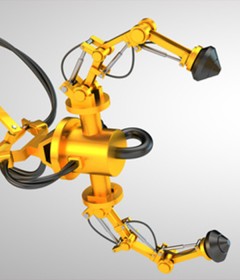
Process Automation
From rollers and bumpers to assembly systems and material handling, urethane is a…

Automotive
PSI Urethanes is a leading manufacturer of cast and molded urethane for the automotive…
Ask Our Experts.
Contact us today to learn how we can meet your project’s requirements.

